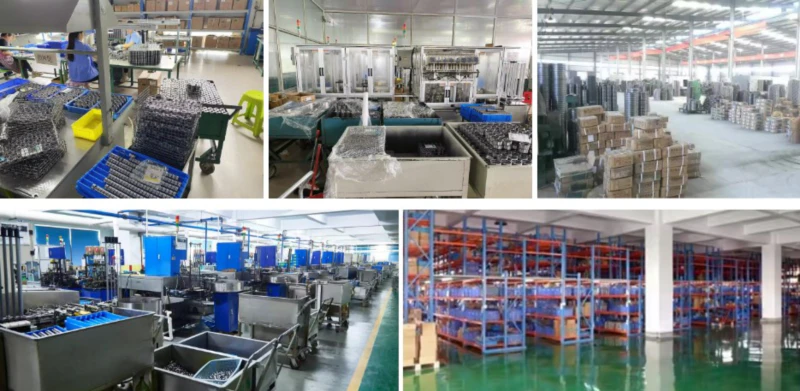Track Bearings Bearing Failure Elimination Guidelines
In this blog post, we will discuss guidelines for eliminating bearing failures in track bearings. Bearing failures can lead to costly downtime and maintenance, so it’s important to understand the common causes and how to address them effectively.
1. Understanding Bearing Failure Modes
Bearing failures can occur due to various reasons, including:
- 1.1 Fatigue failure
- 1.2 Lubrication failure
- 1.3 Contamination
- 1.4 Improper installation or handling
Let’s explore each of these failure modes in detail.
1.1 Fatigue Failure
Fatigue failure is one of the most common modes of bearing failure. It occurs when repeated cyclic stresses cause cracks to initiate and propagate in the bearing material. Factors that contribute to fatigue failure include:
- 1.1.1 Insufficient load capacity
- 1.1.2 Excessive load
- 1.1.3 Inadequate lubrication
To prevent fatigue failure, it is crucial to ensure proper load capacity, avoid overloading, and maintain adequate lubrication levels.
1.2 Lubrication Failure
Lubrication failure can lead to premature bearing failure. It occurs when the lubricant breaks down or becomes contaminated, resulting in inadequate lubrication between the rolling elements and raceways. Common causes of lubrication failure include:
- 1.2.1 Inadequate lubricant selection
- 1.2.2 Insufficient lubricant quantity
- 1.2.3 Contamination of the lubricant
To prevent lubrication failure, it is important to select the appropriate lubricant, monitor lubricant levels regularly, and ensure a clean lubrication environment.
1.3 Contamination
Contamination can significantly impact bearing performance and lead to premature failure. Common sources of contamination include:
- 1.3.1 Dust and dirt
- 1.3.2 Moisture
- 1.3.3 Foreign particles
To prevent contamination-related failures, it is essential to implement proper sealing and shielding mechanisms, regularly clean the surrounding environment, and use appropriate maintenance practices.
1.4 Improper Installation or Handling
Improper installation or handling can introduce stress concentrations and damage the bearing, leading to premature failure. Some common installation and handling errors include:
- 1.4.1 Excessive interference fit
- 1.4.2 Hammering or applying excessive force during installation
- 1.4.3 Mishandling the bearing
Proper training, following manufacturer guidelines, and using correct installation techniques can help prevent failures caused by improper installation or handling.
2. Company Products and Introduction
At our company, we are a leading player in the Chinese reducer market. Our product range includes:
- 2.1 Servo reducer
- 2.2 Plastic gearbox
- 2.3 Gear motors
- 2.4 Worm gearbox
- 2.5 Worm wheel
- 2.6 Worm reducer
We pride ourselves on our state-of-the-art automated CNC production equipment and assembly facilities, ensuring high-quality products and efficient manufacturing processes.
Our products are known for their superior performance, competitive pricing, and excellent customer service. We welcome customization requests based on customer specifications.
Conclusion
In conclusion, understanding the common failure modes in track bearings is critical for eliminating bearing failures and ensuring optimal equipment performance. By addressing issues related to fatigue, lubrication, contamination, and improper installation or handling, you can extend the lifespan of your bearings and reduce maintenance costs.
Author: Czh

